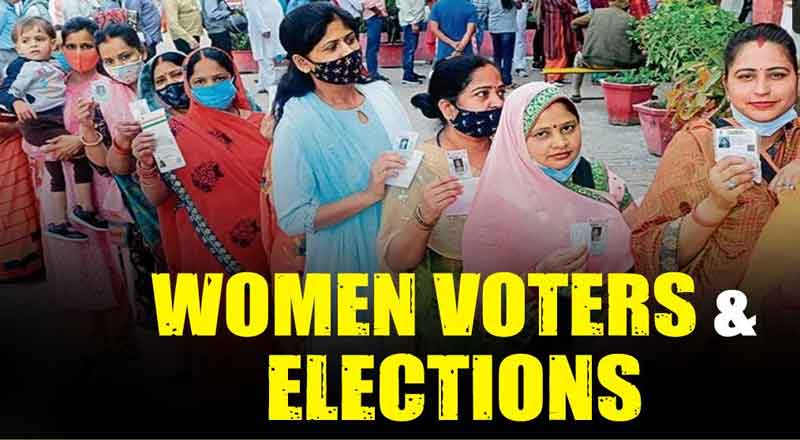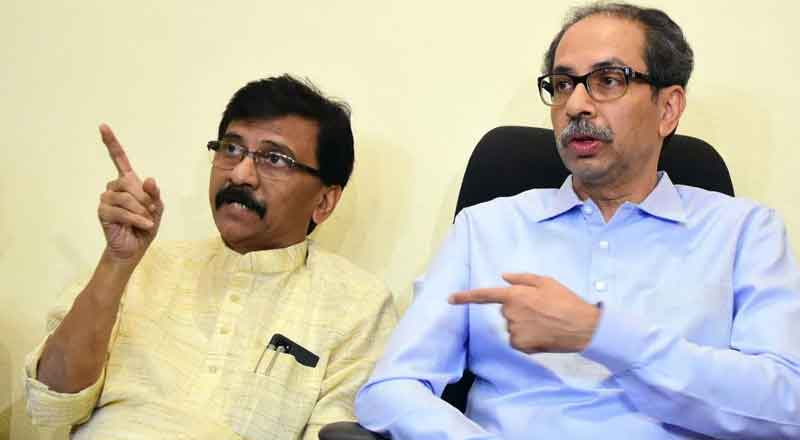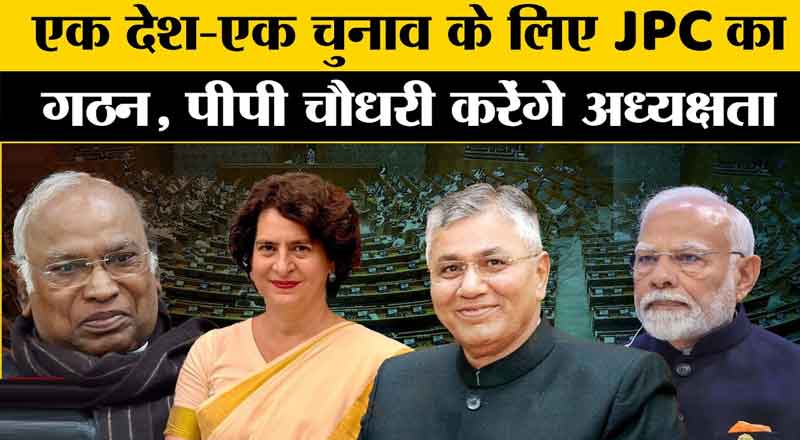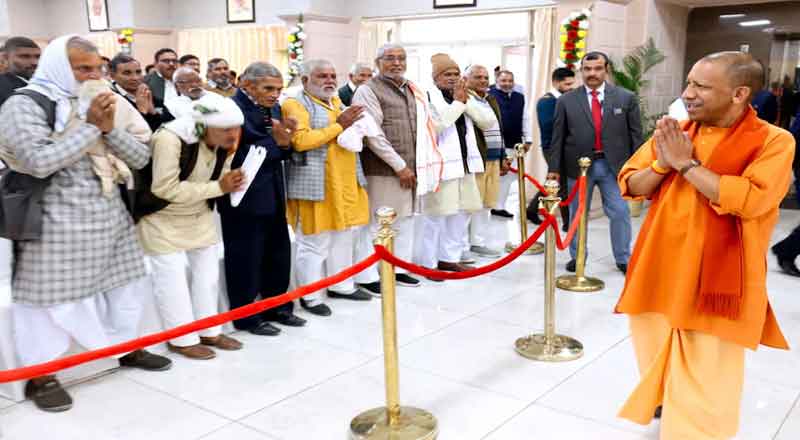Lok Sabha elections: In the last couple of decades, women voters gained bargaining power as they understood the power of their votes, that’s the reason no party wants to ignore them which is reflected in their policies and campaigns.
Lok Sabha elections 2024: It is often said that Indian politics is highly patriarchal, but over the last few decades women voters have changed the scenario by playing a decisive role in forming the government. Realising the fact that women are now more conscious about their voting rights and no more they pursue the decisions of the male members of the family when it comes to electing their representatives, the politicians changed their approach and shifted their focus on women voters while making policies and poll campaigns.
When Congress leader Rahul Gandhi cited ‘Shakti’ from Hindu religion to attack the Modi government at I.N.D.I.A bloc rally in Mumbai on Sunday, in no time, PM Modi seized the opportunity and linked Rahul Gandhi’s remark to women of the country. Gandhi’s “fight against Shakti” remark sparked a controversy on Monday and drew a strong retort from the PM who said every mother and daughter was a form of “Shakti” for him and that he will sacrifice his life for their security. Addressing poll rallies in Telangana and Karnataka, he also said the upcoming Lok Sabha elections will be a fight between destroyers and worshippers of ‘Shakti’. The development amid crucial Lok Sabha campaigns reflects the weightage of women voters in modern elections.
Also, PM Modi never forgets to highlight his government’s scheme brought keeping in mind the welfare of the women in the country. Lakhpati Didi Yojana, Swadhar Greh Scheme, Ujjawala Scheme, Beti Bachao Beti Padhao (BBBP), Mahila Shakti Kendra (MSK), Pradhan Mantri Matru Vandana Yojana (PMMVY), Prime Minister Swachh Bharat Mission Scheme to build toilets are some schemes which are always underscored by the BJP to woo women voters. Also, the Women’s Reservation Bill (the Nari Shakti Vandan Adhiniyam) brought by the Modi government strengthened the BJP’s position when it comes to highlighting the initiatives taken by a government for women empowerment.
The regional parties are also not lagging behind in the race to draw women voters in their favour. Recently, the AAP government in Delhi announced that the government will be providing Rs 1,000 per month to all women aged 18 years and above under the Mukhya Mantri Mahila Samman Yojna. Delhi Chief Minister Arvind Kejriwal said the AAP government’s Mukhyamantri Mahila Samman Yojana to give Rs 1,000 to all women above 18 years of age will make them financially independent and urged them to vote in large numbers for his party in the upcoming Lok Sabha elections.
Highlighting the importance of the Mukhyamantri Mahila Samman Yojana, Kejriwal said that it would make women empowered in the truest sense and stated that every eligible woman even from the same family can avail the benefit of the scheme.
Female voters have a big role in the success story of Bihar Chief Minister Nitish Kumar who has been holding the top post since 2005. His liquor ban decision turned out a master stoke for him and also he gave quota to women in several government jobs and Panchayat elections.
Participation of women voters increased in Delhi
The participation of women voters in the national capital rose by 4.24 per cent since 1993 assembly elections, according to a report published by the Directorate of Economics and Statistics in December 2023.
As per the government’s ‘Women and Men in Delhi 2023’ report, the percentage of women voters participating in the fifth assembly election in 1993 was 58.27 per cent while it has gone up to 62. 51 per cent in the eleventh assembly election in 2020.
12 states have more women voters than men: EC
Twelve states have more women voters than men, with a total of 47.1 crore females registered in the electoral roll in the country, the Election Commission said recently.
Addressing a press conference on elections to Lok Sabha and state legislative assemblies, Chief Election Commissioner Rajiv Kumar said gender ratio is 948 women to 1000 men in the country which is a “very healthy sign” of women participation in the electoral cycle.
“There are 12 such states where the gender ratio is over 1000 which means that the number of women voters is more than males and 1.89 crore new voters have joined, out of them in the age group of 18-19 years there are 85.3 lakh women electors so they are going side by side so that is a very healthy sign that women are also participating equally in our elections,” he said.
However, he did not give the names of the states.
(With PTI inputs)





